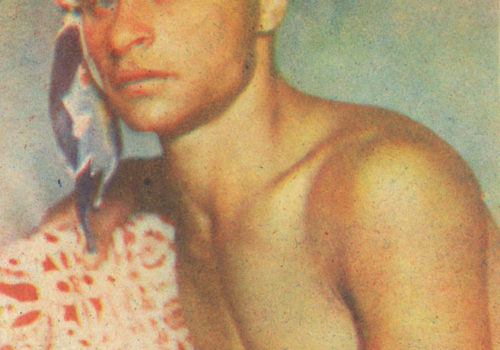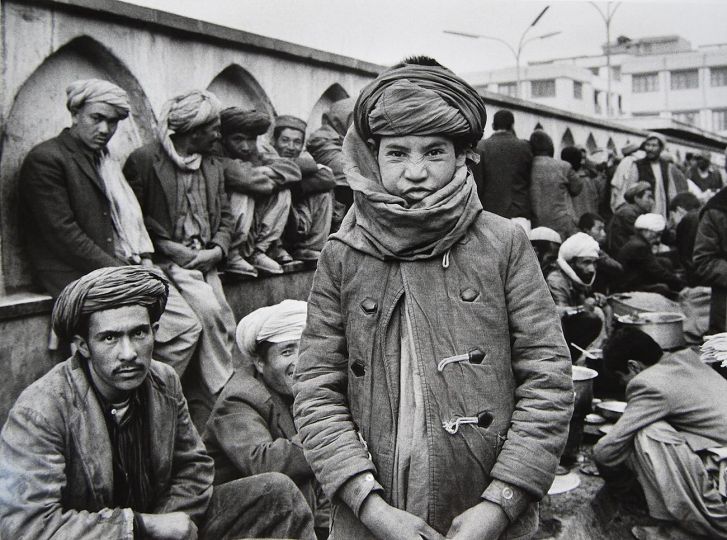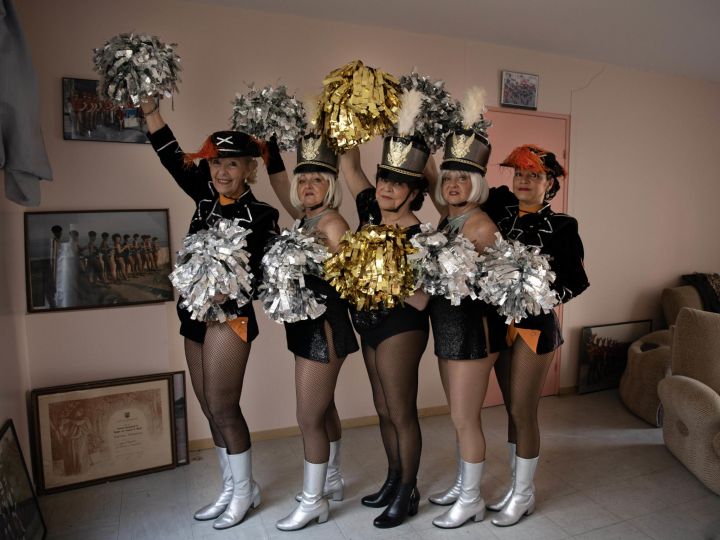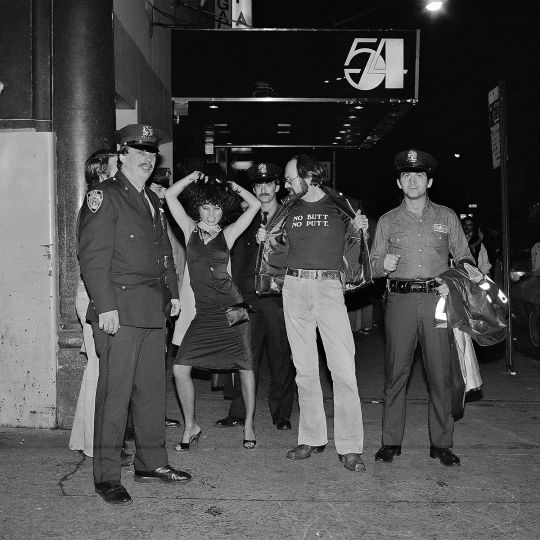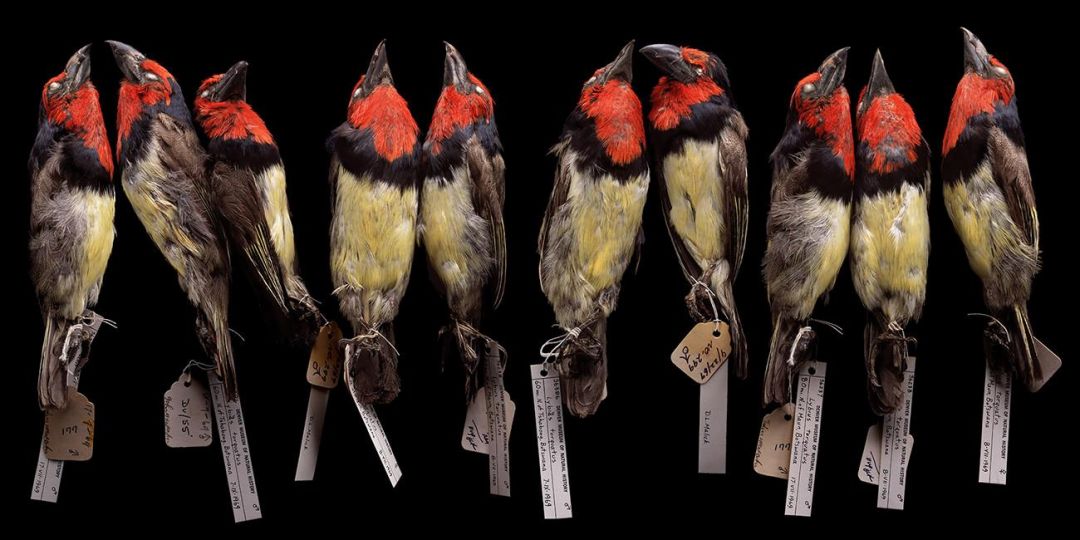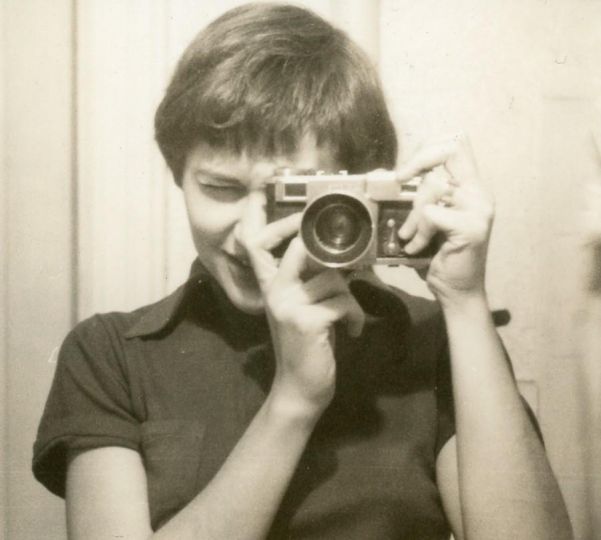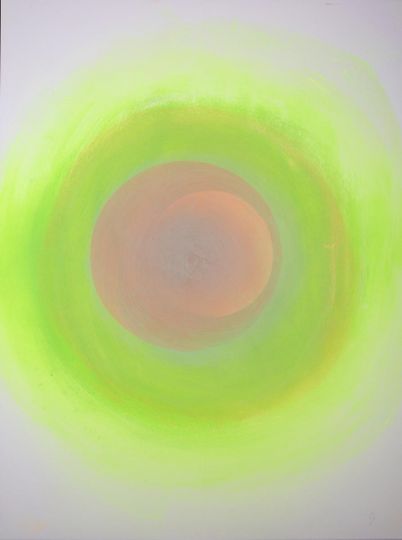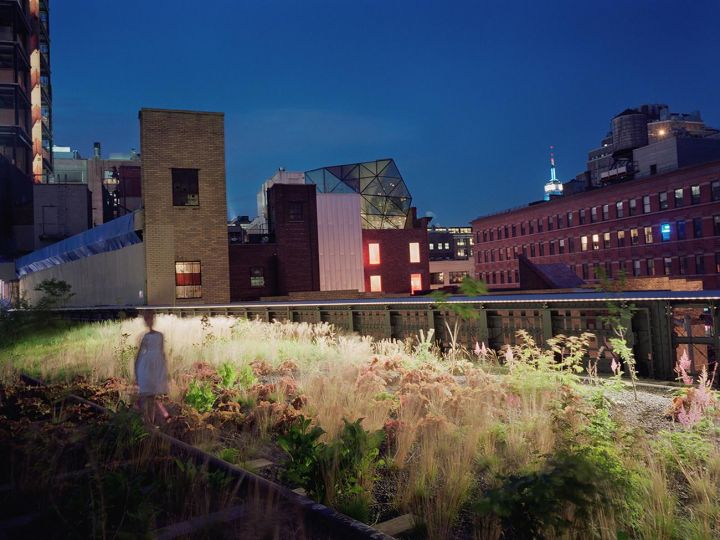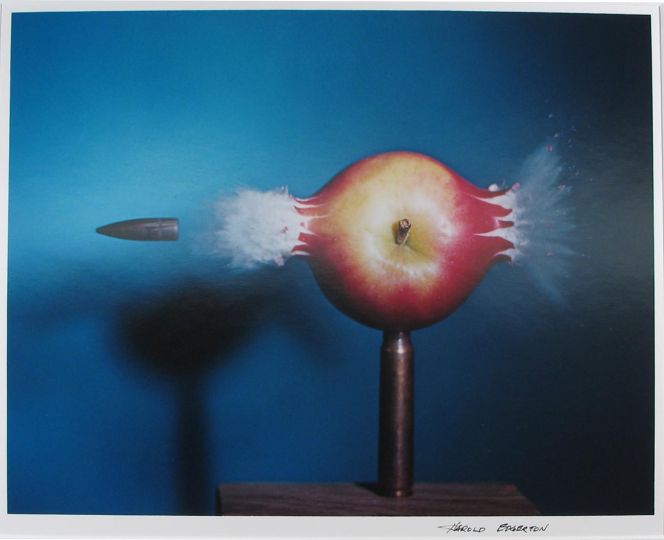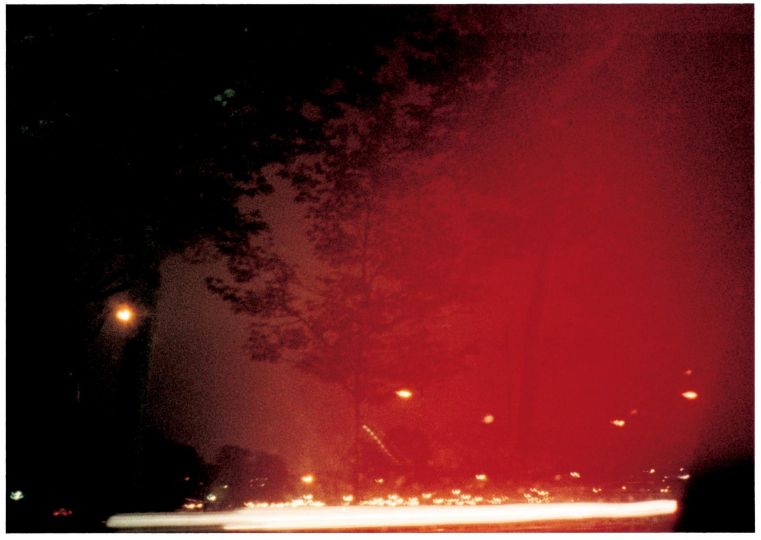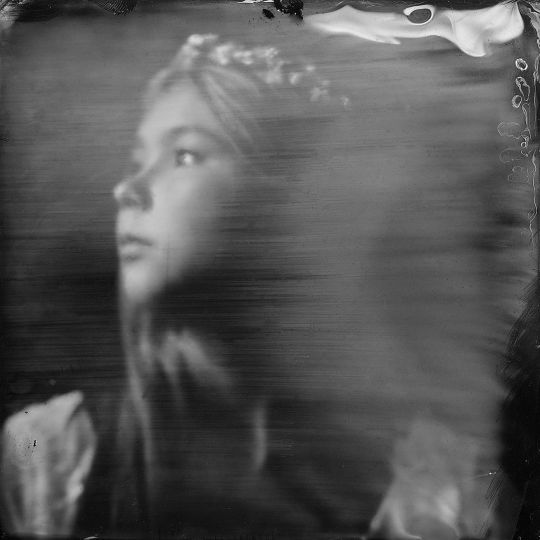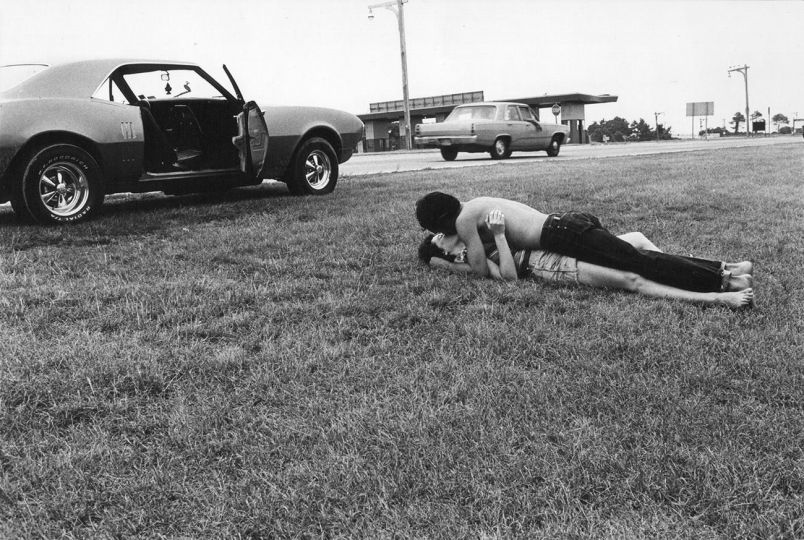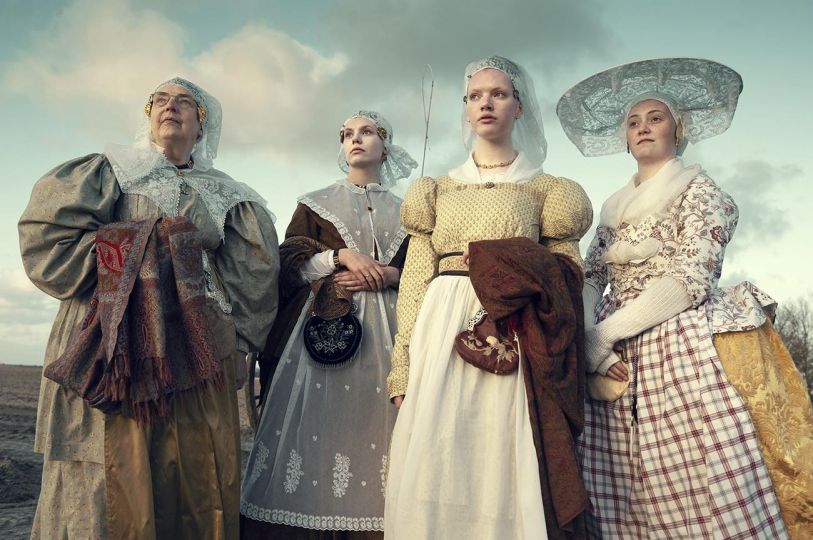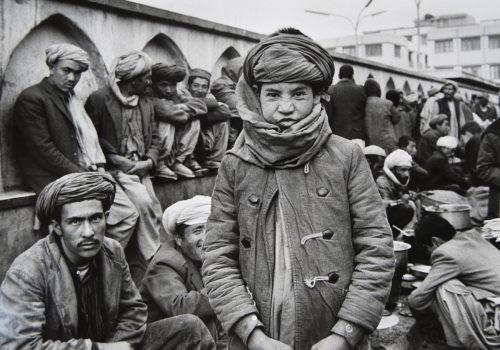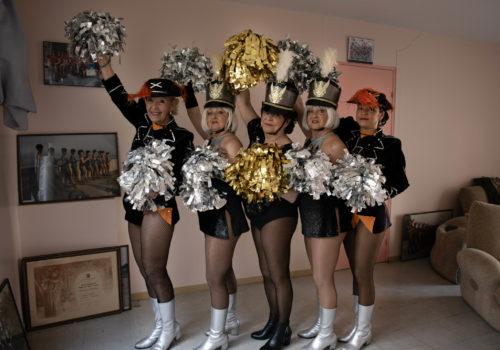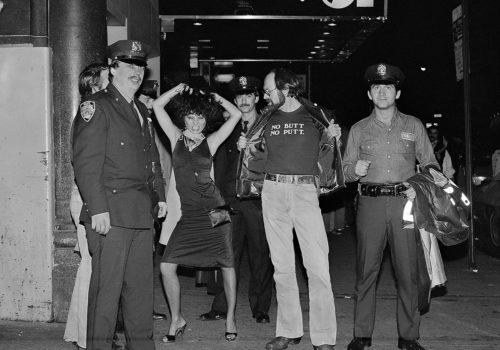Moscow has grown increasingly enamored of its Stalinist past. Hence the idea for this exhibition, which seems straight out of a socialist realist propagandist’s wet dream. Vladislav Mikosha (1909 – 2004) took full advantage of recently imported Western color photography to show Moscow in its best light. In the hands of the propagandist, color photography would soon rival the famous Soviet posters, and Mikosha would delight in being the first photographer authorized to use it.
This grand exhibition-retrospective specifically covers Stalin’s final years the brief “thaw” that followed his death in 1953. This was the time of the erection of the “Seven Sisters,” the massive skyscrapers that gave the Russian capital a Gotham City feel and incarnated in stone the essence of Stalinism. Mikosha followed its heroic construction (foregoing close-ups of the workers, who were German POWs). All is beautiful, clean, smiling: tomorrow belongs to them! We can hardly reproach Mikosha for this; an unflattering shot down the wrong street could cost someone their life, even the dictator’s favorite photographer.
But we can question the choice of such an exhibition today, in a country where political will triumphantly erases the painful past and its authoritarian excesses. Moscow, as photographed by Mikosha, offers an interesting vision of the past, albeit one which shows nothing beyond a shiny veneer. Put simply, it’s all a big lie, like some exhibition touting the wonders of North Korea. We see shops with fully stocked shelves, gleaming factories, spotless Soviet avenues, chubby schoolchildren in red, white and black, the Bolshoi, an autumn day made poetic and sublime by shimmering colors—artificial colors, that is; the Soviet propaganda photo services were peerless when it came to retouching, and this was half a century before Photoshop.
Another curious oversight is the lack of scenes from the most searing realities of the forty years during which Mikosha was shooting. Not a single photograph from the war has made its way into the syrupy Zourab Tsereteli gallery. This exhibition is for all those nostalgic for Stalin, those who think the grass was greener when he trampled under his foot. This is Moscow as they want to remember it.
Emmanuel Grynszpan
Through May 13
Galerie d’art Zourab Tsereteli
RuePretchistenka, 19
Tel : +7 495 637 25 69

